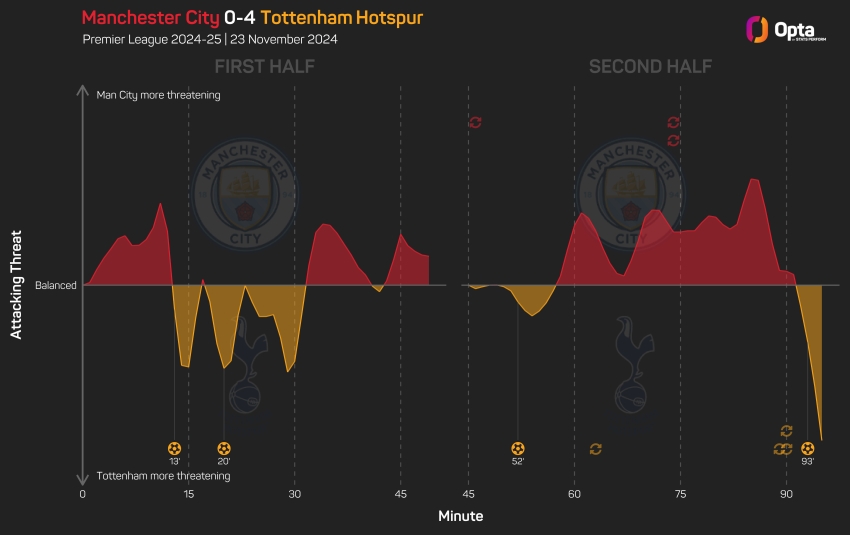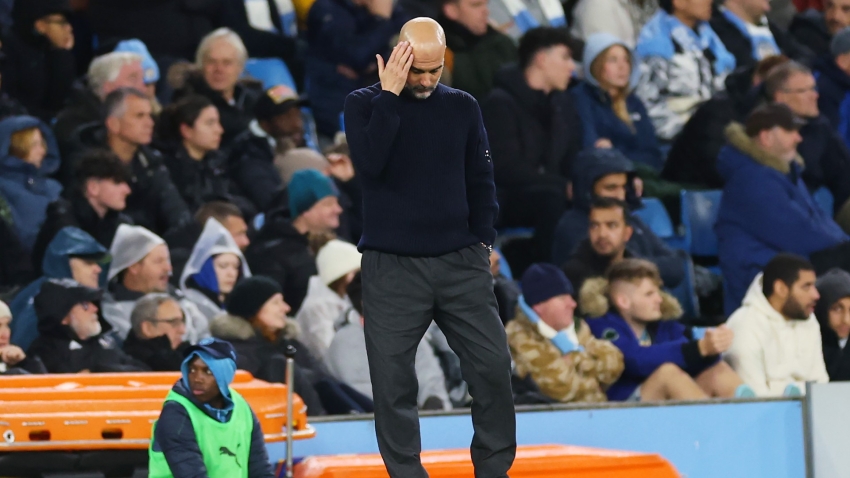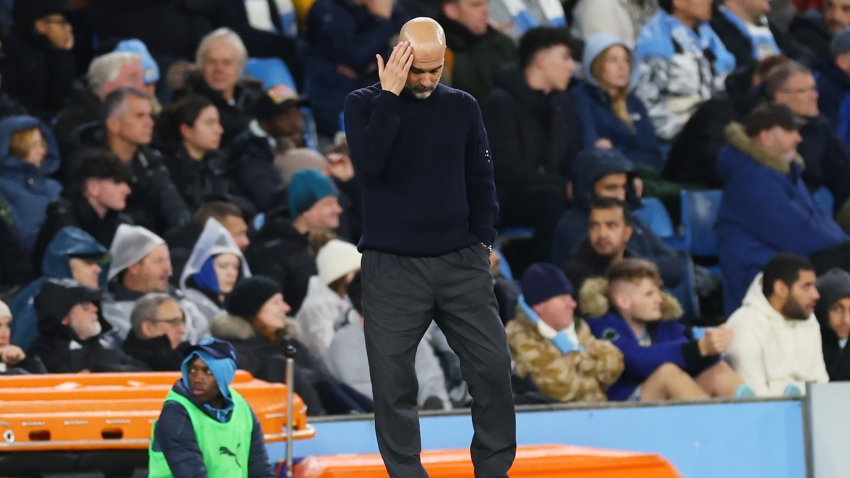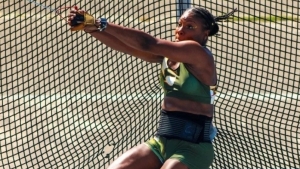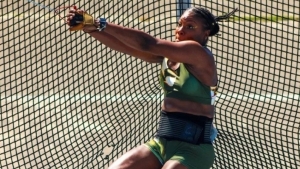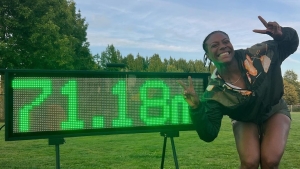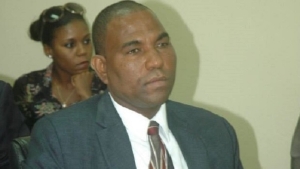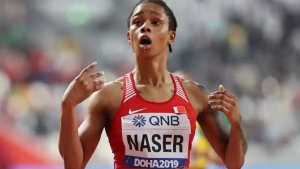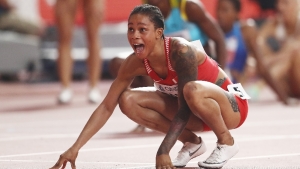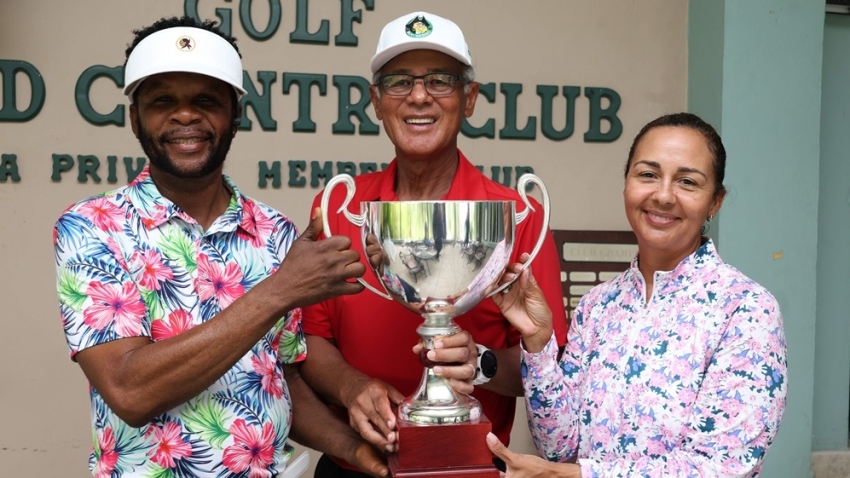The life ban imposed on Rosnick Grant, the former vice president of the Haitian Football Federation, has been upheld by the Court of Arbitration for Sport. However, the fine imposed on Grant has been significantly reduced, CAS said in a release on Thursday.
This decision comes a few weeks after another CAS decision concerning the former President of the FHF, Mr. Yves Jean-Bart, who was released from the sanctions imposed on him by FIFA due to insufficient evidence. That CAS decision is currently being appealed to the Swiss Federal Tribunal.
CAS said the Arbitral Panel found that the evidence against Mr. Grant regarding the sexual abuse charges was sufficiently convincing and that, as a result, the sanction imposed on him by the Court should be confirmed, with the exception of the fine, which was reduced to 35,000 Swiss Francs.
Grant, the former Vice-President and Head of Referees of the Haitian Football Federation (FHF), was banned by the Adjudicatory Chamber of the FIFA Ethics Committee for violation of Article 23 (protection of physical and mental integrity) and Article 25 (abuse of power) of the FIFA Code of Ethics in connection with acts of harassment, sexual abuse, threats and coercion against female referees.
The fine of 100,000 Swiss Francs was initially imposed on Mr. Grant. That has been reduced to 35,000 Swiss Francs.
In May 2020, the Investigatory Chamber of the FIFA Ethics Committee opened an investigation into Mr. Yves Jean-Bart, former President of the FHF, who was suspected of having coerced several female players from the National Technical Centre in Croix-des-Bouquets into having sexual relations with him.
During the proceedings, the Investigatory Chamber identified Mr. Grant as one of the perpetrators of sexual abuse and opened an investigation against him in August 2020. On 22 July 2021, based on the final report of the FIFA Ethics Committee, the testimony of a victim, the statements of Mr. Grant, and the statements of the Chairman of the Investigation Chamber of the FIFA Ethics Committee, the Adjudicatory Chamber of the FIFA Ethics Committee issued the Challenged Decision.
On October 6, 2021, Mr Grant filed an appeal at CAS requesting the annulment of the Challenged Decision, claiming that he was innocent of the charges against him. A CAS Panel of three arbitrators, composed of Mr Alexander McLin, President (Switzerland/USA), Prof. Gérald Simon (France) and Mr José J. Pintó (Spain), was constituted to decide the appeal.
A hearing was held on 15 and 16 February 2023, during which numerous witnesses were heard, some of whom benefited from special protective measures.
As a basis for its decision, the Arbitral Panel considered the testimony of a victim, who had travelled to Switzerland for the hearing, to be accurate, coherent and credible. The Panel also noted the inconsistency and imprecision in the statements of the witnesses called by Mr. Grant, most of whom stated, in a contradictory and unconvincing manner, that the accusations against Mr. Grant were the result of a conspiracy against him.
Finally, the Arbitral Panel found that the fine imposed on Mr. Grant was disproportionate to the salary conditions he was subject to in Haiti. In conclusion, the Arbitral Panel found that the evidence against Mr. Grant regarding the sexual abuse charges was sufficiently convincing and that, as a result, the sanction imposed on Mr Grant by the Court should be confirmed, with the exception of the fine, which was reduced.









